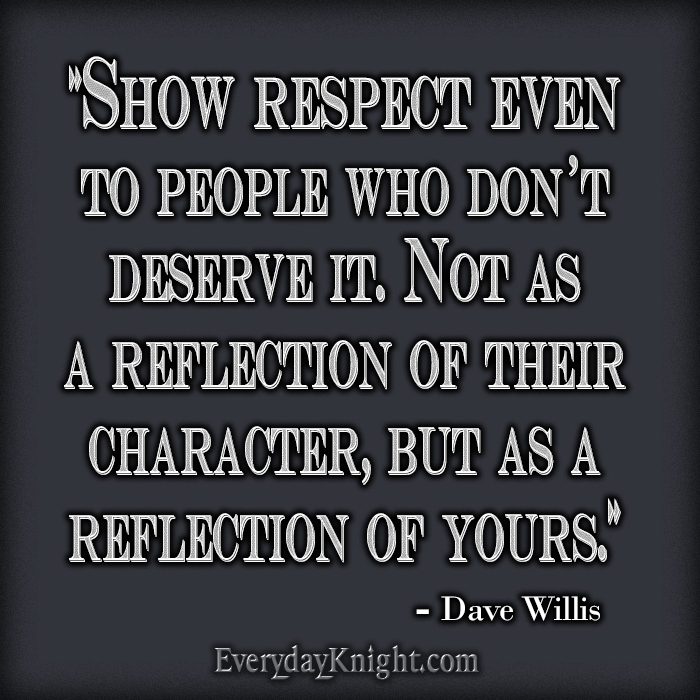
Show Respect


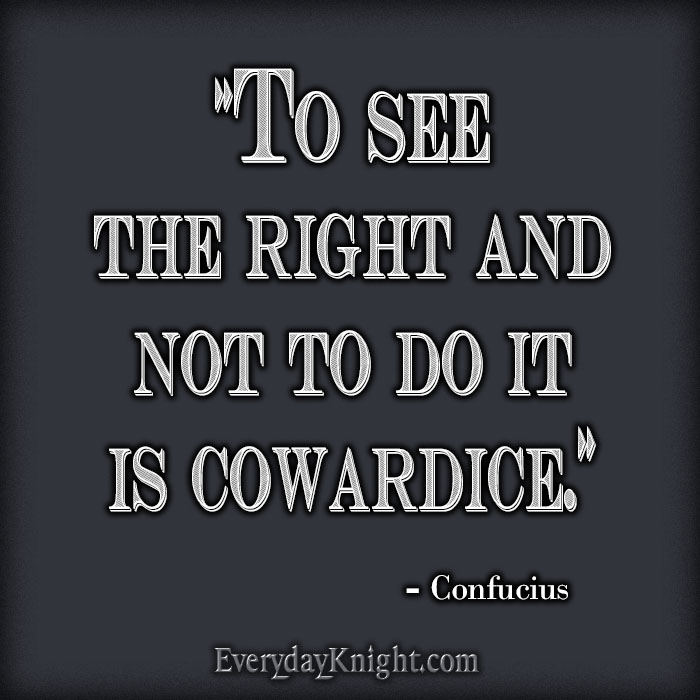
In this video we discuss how observing the etiquette of dress can demonstrate the virtues of courtesy and propriety. This video is a companion to our podcast The Everyday Knight, in which we discuss the application of chivalric principles to our modern lives.
You can find us at https://www.everydayknight.com/
or on Facebook at http://tiny.cc/tkdcnz
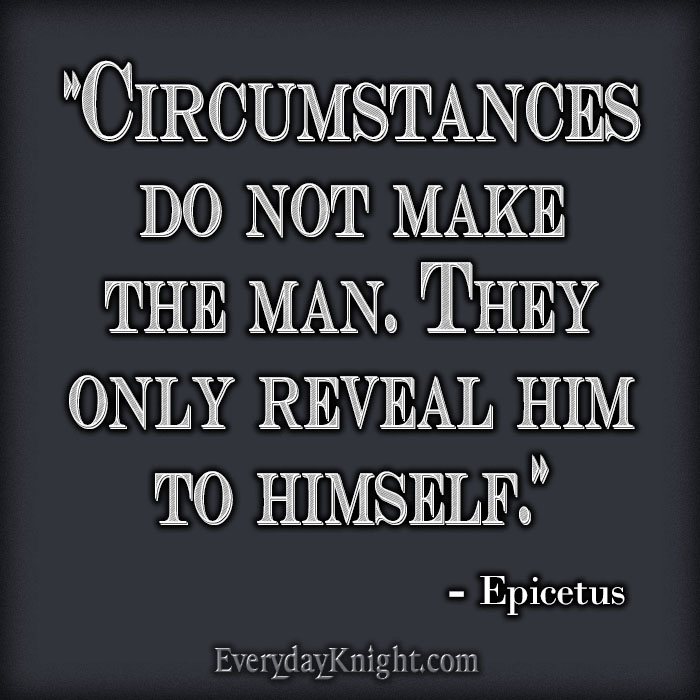
From the annals of “pulp fiction” in the early 1930’s we bring you a review of an influential icon and virtual template for the nascent superhero genre. Carl Savage, jr. AKA Doc Savage, The Man of Bronze, is a larger than life character with a specific code that governs his life and spurs his adventures. Return with us now to those thrilling days of yesteryear, as we de-code the Code of Doc Savage!
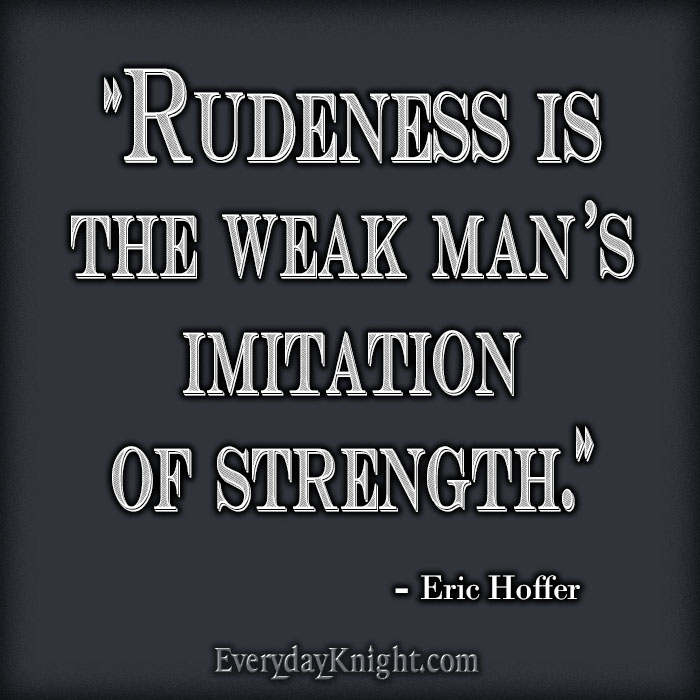
“If,” by Rudyard Kipling, is a late Victorian poem written to honor the stoic tradition but we believe it articulates many of the modern virtues we espouse. These include Fortitude, Courage, Diligence and Humility. We give a reading and our interpretation of the poem with our modern interpretations.
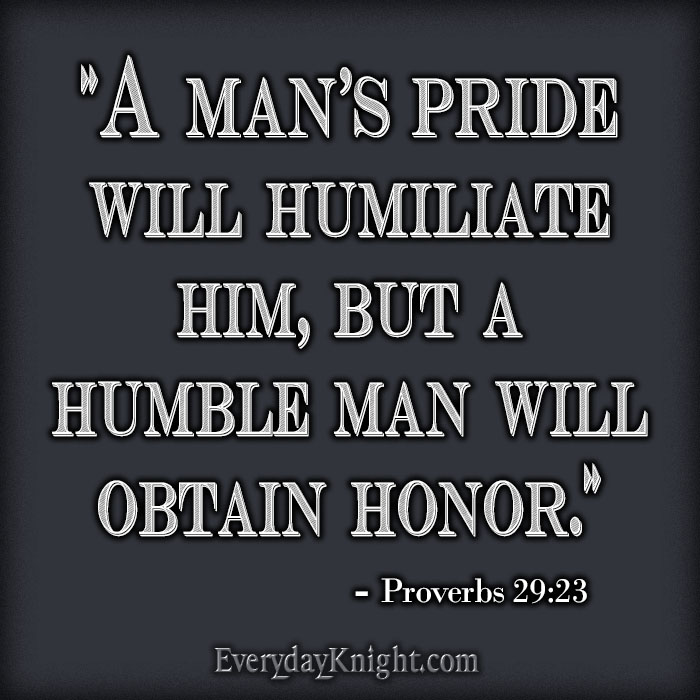
There are many similarities between the Samurai of feudal Japan and the knights of medieval Europe. In this episode we compare their code of conduct with our modern day code of Chivalry.